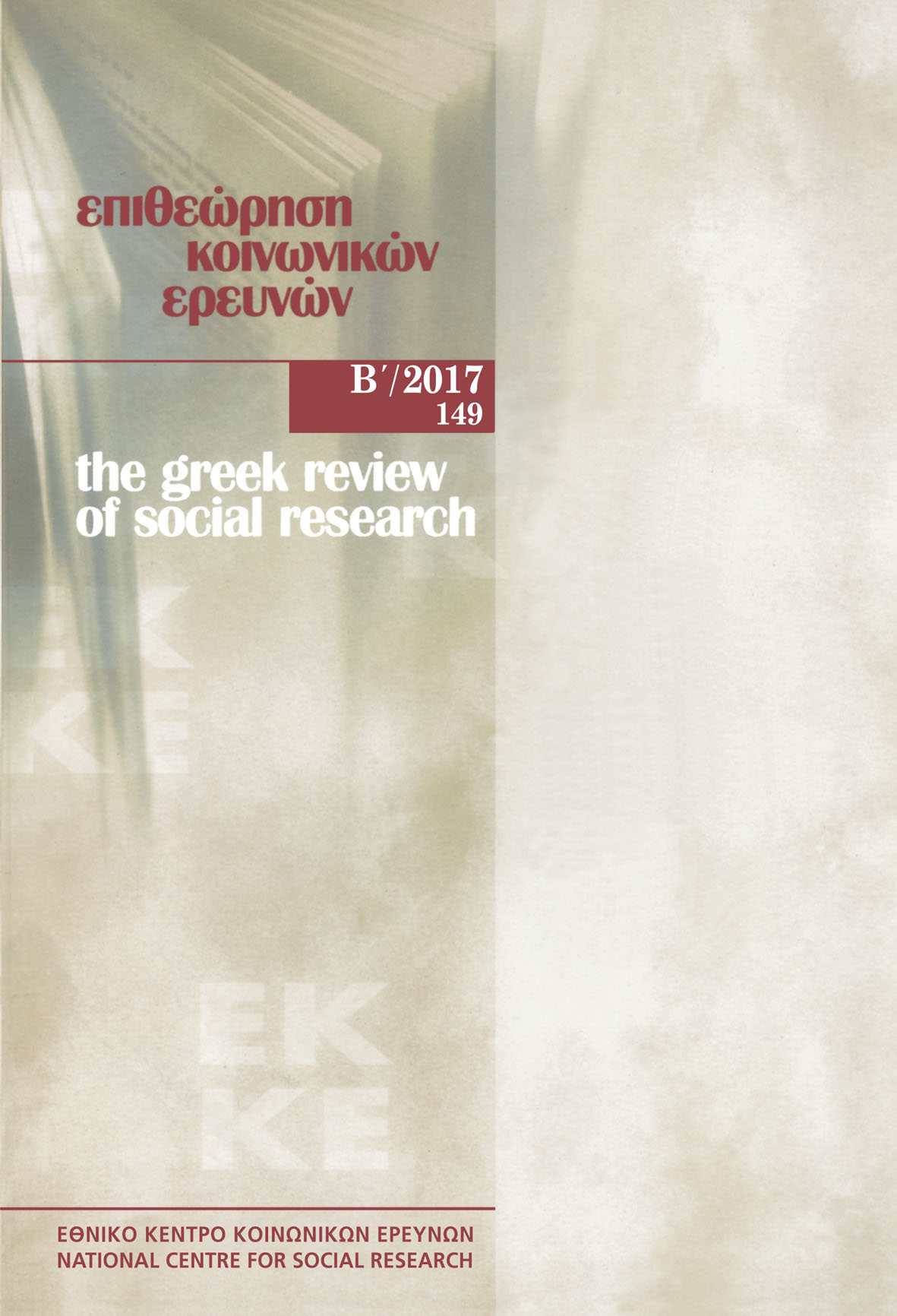Urban activism and cosmopolitan aesthetics in times of crisis: “Thessaloniki Otherwise” meets Stuttgart

Abstract
“Thessaloniki Otherwise” an urban activist group in Thessaloniki, Greece, has been since 2010 disrupting the city’s daily routines by performatively enacting alternative city politics and aesthetics. This article first wonders whether the simultaneity of its establishment with the Greek economic crisis typify its politics as resistance or consent. It then focuses on an event in Stuttgart, Germany, as a performance of place that refuted the economic crisis as also a crisis of national essence. It is argued that this event employed an aesthetic cosmopolitanism, whose rhetorics of creativity, entrepreneurialism and art aimed at countering anti-Greek European views and claiming coeval and coequal participation in hegemonic Europeanness, and opposed both foreign media representations of Greece and classic ancient Greek representations. Finally, the article contemplates over whether such a cosmopolitan locality constitutes a form of crypto-colonialism.
Article Details
- How to Cite
-
Deltsou, E. (2018). Urban activism and cosmopolitan aesthetics in times of crisis: “Thessaloniki Otherwise” meets Stuttgart. The Greek Review of Social Research, 149, 137–151. https://doi.org/10.12681/grsr.15819
- Section
- Articles

This work is licensed under a Creative Commons Attribution-NonCommercial 4.0 International License.
Authors who publish with this journal agree to the following terms:
- Authors retain copyright and grant the journal right of first publication with the work simultaneously licensed under a Creative Commons Attribution Non-Commercial License that allows others to share the work with an acknowledgement of the work's authorship and initial publication in this journal.
- Authors are able to enter into separate, additional contractual arrangements for the non-exclusive distribution of the journal's published version of the work (e.g. post it to an institutional repository or publish it in a book), with an acknowledgement of its initial publication in this journal.
- Authors are permitted and encouraged to post their work online (preferably in institutional repositories or on their website) prior to and during the submission process, as it can lead to productive exchanges, as well as earlier and greater citation of published work (See The Effect of Open Access).


